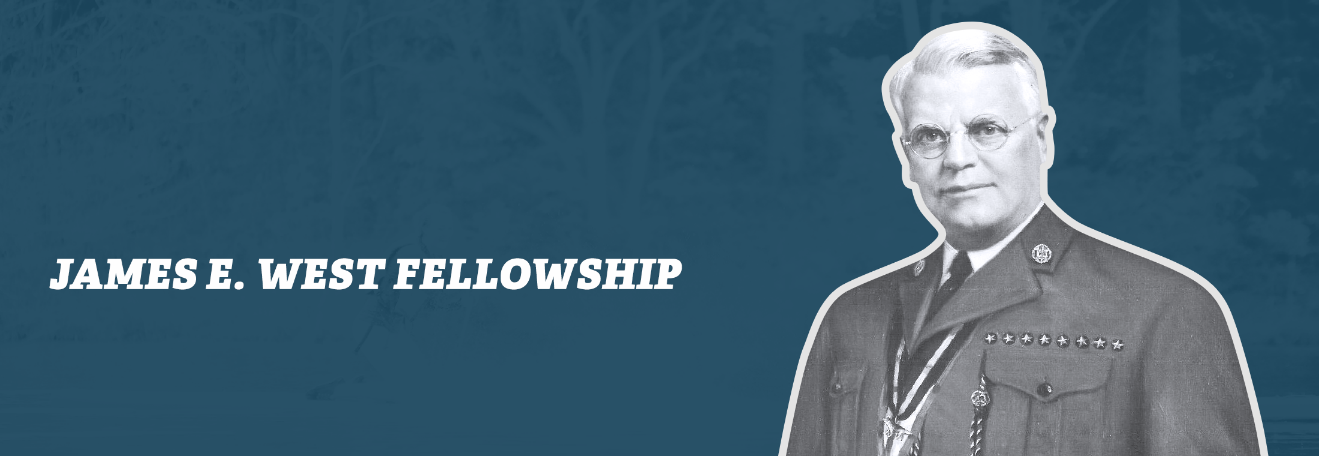Major Gifts & Endowment
How to Give
A small window of opportunity exists to impact a child’s character and influence his or her future success. It is at this critical point in the lives of our boys and girls Scouting makes a provable difference. More than ever, America’s youth need to learn how to lead, make ethical decisions, and build character.
Your investment transforms parents into Scout leaders, kids into Scouts and troops into families. Lester and Apryl see the value of Scouting for their boys. Your investment grows Scouting and brings families closer together.
Why Give?
With your support, Scouting will continue to:
• Offer young people responsible fun adventure.
• Train young people in citizenship, service, and leadership.
• Serve America’s communities and families with its quality, values-based program.
• Instill in young people lifetime values and develop in them ethical character as expressed in the Scout Oath and Law.
Contact
For Questions or Comments, please fill out the form below.
Make an Endowment Gift in honor of an Eagle Scout, Silver Beaver recipient, retirement, special accomplishment, anniversary—or in memory of a special individual.
What are Endowments? Endowments are permanent restricted funds established by a Donor whereby only the interest each year is used for the specified purpose of the fund. … While a donor may contribute cash, stock or other gift for immediate use, a gift designated to an endowment is an investment in the future.
A gift to the California Inland Empire Council, designated by the donor to the council endowment fund, qualifies for membership as a James E. West fellow. The gift must be in addition to— and not replace or diminish—the donor’s annual Friends of Scouting support. A minimum gift of $1000 in cash or marketable securities qualifies for the Bronze level membership. Donors may make cumulative gifts to reach Silver, Gold, and Diamond member levels. For example, 5 years of giving at the Bronze level would qualify for Silver level membership.

James E. West (1876-1948)
Orphaned at age six and afflicted with tuberculosis, James E. West never had much of a childhood. West had to fight for permission to attend school outside of his orphanage—and only if he did his extensive orphanage chores before and after school. Nonetheless, he finished high school in two years, graduating with honors in 1895. By 1901, he’d worked his way through law school and was practicing law in Washington, D.C.
Given those circumstances, it was not surprising West gravitated toward children’s issues. When a young boy stole his car, he declined to press charges, offering instead to represent the boy in court (he got him off on a technicality). This incident led West to lobby successfully for the creation of a juvenile court. He also worked for the Washington Playground Association and the YMCA and prompted President Theodore Roosevelt to convene a White House Conference on Dependent Children in 1909. Given his background, West became a natural choice to serve as the first Chief Scout Executive. He agreed to take the job for up to six months and stayed on for 32 years.

